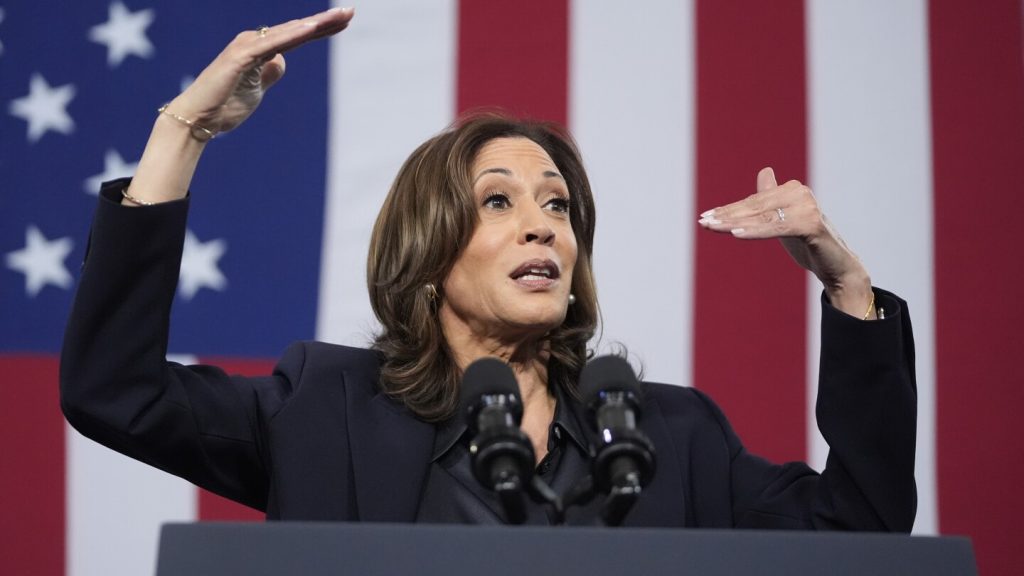Kamala Harris, the Democratic nominee for Vice President, recently faced a setback in her efforts to secure endorsements from organized labor unions in Michigan. Despite gaining support from national teachers unions, building trade unions, the AFL-CIO, and the United Auto Workers, the International Association of Firefighters declined to endorse Harris during her visit to Redford Township. While the leader of the Michigan firefighters union, Matthew Sahr, showed up for Harris, the union ultimately decided not to endorse either candidate in the race. This decision highlights Harris’ struggle to secure the same level of support from organized labor that President Joe Biden received in the previous election.
During her visit to Michigan, Harris did not shy away from criticizing former President Donald Trump’s record on organized labor. She accused Trump of being a union-buster and supporting right-to-work laws that make it more difficult for workers to unionize. Harris also pointed out Trump’s weakening of federal employees’ unions during his presidency. Despite Trump’s mixed record on labor rights, he has expressed support for right-to-work laws since his first presidential campaign in 2016. Harris’s remarks underscore the contrasting views of the two candidates on labor issues as they compete for support among working-class voters.
Harris also addressed concerns about the future of jobs in Michigan, particularly in the auto industry. She criticized Trump’s running mate, JD Vance, for suggesting that a GM plant in Lansing could close under a Trump administration. In contrast, Harris promised to invest in communities like Flint and fight to protect jobs in the state. Questions remain about whether Harris can secure the backing of rank-and-file union members, as some workers may not be fully aware of the connection between their jobs and legislation championed by the Biden administration. Democrats have seen increased support from white-collar professionals, while Republicans aim to appeal to non-college-educated voters.
The two candidates, Harris and Trump, have been actively campaigning in key battleground states like Michigan, with both making recent visits to the state. Trump has portrayed the Republican Party as the party of American workers, despite his anti-union record as president. He has also made efforts to appeal to military audiences, promising to rename a military base and pledging support for veterans. Trump’s campaign events have focused on issues like national security, healthcare for veterans, and job creation. As the election approaches, both candidates are intensifying their efforts to win over voters in crucial swing states.
In conclusion, the race for the 2024 election is heating up, with Harris and Trump actively campaigning and seeking endorsements from various groups, including organized labor unions. The contrasting views of the two candidates on labor rights, job creation, and economic issues highlight the stakes of the election for working-class voters. As the candidates make their case to voters in battleground states like Michigan, the outcome of the election could hinge on their ability to secure support from key demographic groups. With both candidates emphasizing their commitment to workers and the economy, the race remains highly competitive as Election Day approaches.














